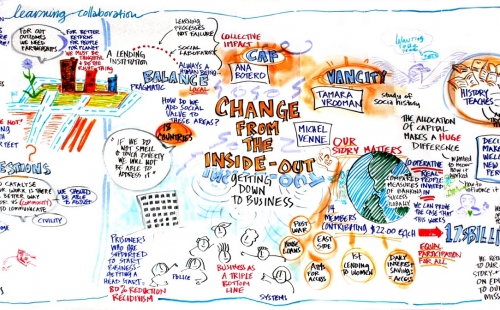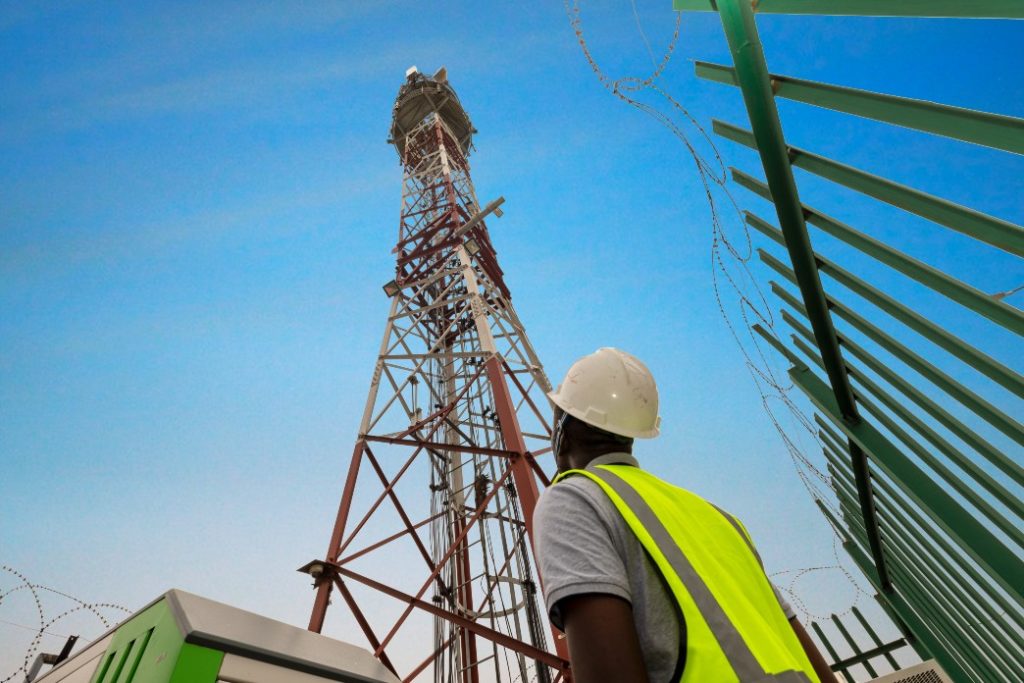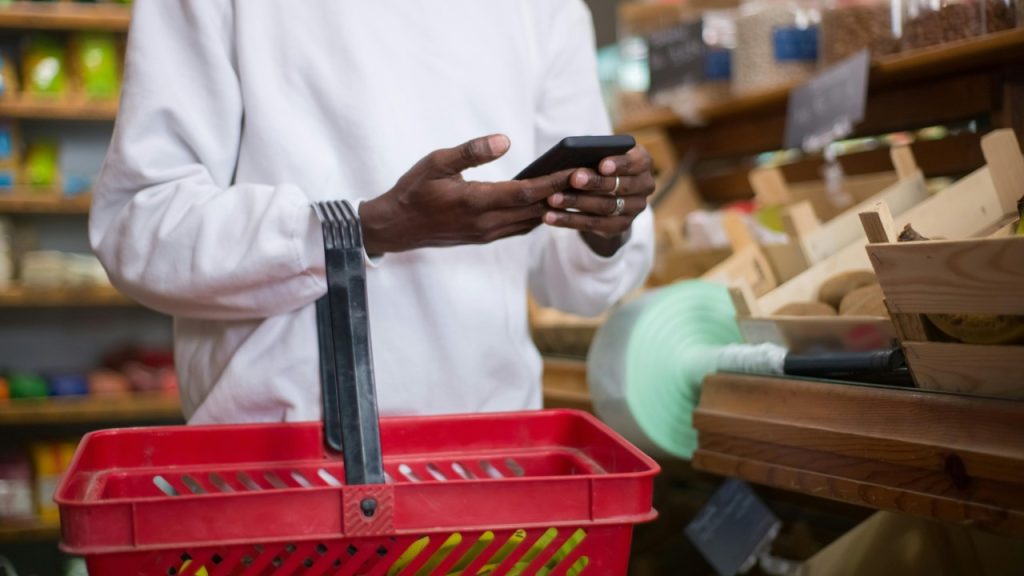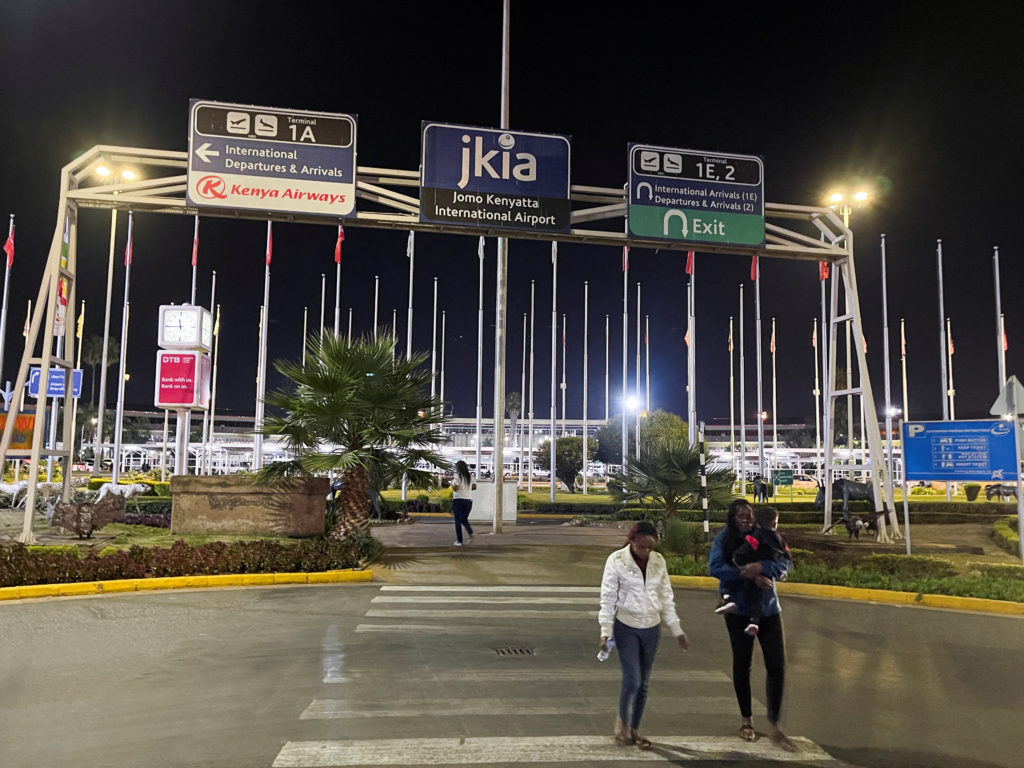Over time, with the proliferation of technology and nascent ecosystems, tech-enabled social innovation and entrepreneurship has grown in West Africa.
Across the region’s 15 countries, several startups have developed (and are still developing) incredible social solutions that have incredible impact on their locales, people within those locales and the larger ecosystem as a whole.
We took a look at the most prominent social startups across West Africa’s most prominent markets:
Cote D’Ivoire
With poverty rates standing at 46.3% (WorldBank, 2014), startups like Educas, which uses algorithms to predict learning patterns and then devise studying methods that best suit a person’s learning patterns, are doing the work that no one else is doing. Another startup doing great work is Solarpak, which makes a backpack-mounted solar power system to help kids study at night. There are also startups like Coliba, which has a reward programme for recycling plastic; and MOUSSO HEALTH PASS, which makes a device that carries a person’s medical records and can be easily accessed in the event of an emergency.
Ghana
Boasting over 26,000 social enterprises, Ghana’s social innovation scene is buzzing. Startups like Moringa Connect (market access, info, training and financial support for Moringa farmers) and Farmerline (info, market access and advisory for farmers) are doing very interesting work. Soronko Solutions (software development training, access and software solutions for skills development) and Viamo (mobile tech for surveys, communication and research) are other prominent startups doing great stuff. This report (pdf), commissioned by the British Council, has more detailed information.
Liberia
The Liberian government (under the Ellen Johnson Sirleaf government) partnered with private sector stakeholders to establish the Liberian Social Enterprise Special Economic Zone (SESEZ) to “jumpstart economic recovery in the wake the devastating Ebola epidemic.” There are also startups like Lodicha Solutions (solar energy solutions) and hubs like Changemakers Village (technology for social impact, employment accelerator, education advancement and girls entrepreneurship and technology programs). With only 35% of school-aged children attending any kind of school in Liberia, As One Education (vocational training programs focusing on carpentry, graphic design, electrical projects, etc) are leveraging tech to bridge the skills gap and reduce underemployment. There’s also iLab, one of the first hubs to launch in Liberia, supporting entrepreneurs and tech solutions early on in its life. Unfortunately, the hub is currently having some financial troubles and is currently sourcing donations to reopen its doors, according to its website.
Mali
Ecova Mali is arguably the stand out social enterprise platform in Mali. This non-profit hires local experts to provide “hands-on” agricultural training, as well as instruction on business planning, basic accounting, and marketing to Malian farmers, using tech. There’s also Sustainable Technology Adaptation for Mali’s Pastoralists (STAMP) which uses satellite data and mapping to provide data to help pastoralists in drought-prone areas. It also provides data on the availability and quality of biomass for livestock feed as well as the availability of surface water for its watering. Of course the Malian story cannot be complete without Impact Hub, the first (opened in 2016) of Mali’s current 10 hubs. By focusing on agribusiness (80% of Mali’s population is into some kind of agriculture), Impact hub, which is part innovation lab and part social enterprise community centre, is leading the charge to convert more Malians to entrepreneurship. The government is also organising pitch competitions, collaborating with hubs and the World Bank to fund tech-enabled activities, among other things.
Mauritania
Mauritania’s tech ecosystem is still in its earliest stages (most of the country is still very much offline) but the country’s first ICT incubation lab, Hadina RIMTIC, is leading the vanguard. The non-profit hub offers co-working space, organises innovation challenges and collaborates with the World Bank, the French and US embassies in Mauritania, among other partners.
Niger
CityTaps is one of the more interesting startups out of Niger. The company built a smart prepaid water meter that allows users pay or subscribe for water services from any mobile phone. Another interesting startup is Marrainage Femmes Enceintes Suivi de L’enfants, a mobile app that support mothers throughout the entire childbirth process from pregnancy to delivery.
Nigeria
The so-called giant of Africa is undoubtedly West Africa’s most prominent social innovation hub. Across the country there are quite a number of social enterprises doing great work. One of the more prominent ones is BudgIT, a civic startup that advocates for government accountability by utilising technology. The startup has raised funds from the likes of Omidyar Network and Bill & Melinda Gates Foundation. It is also the first startup to graduate from CcHub’s incubation program. For the uninitiated, CcHub is the first incubator and social-focused innovation lab in West Africa. The Hub has supported over 20 social enterprises and worked with many others. There’s also Babban Gona, a company that franchises mini farmer cooperatives and has so far helped 18,000-plus farmers double or even triple their farm yields and their net incomes. Civic Innovation Hub, Focus Hub, Wennovation Hub and Impact Hub are some of the other hubs and social innovation across Nigeria that are doing lots of impactful work in the burgeoning Nigerian tech ecosystem.
West Africa has had a long history with social incentives – either from benefactor organisations like the World Bank, from various countries’ “Africa development” agencies. Unicef and the Organisation for Economic Co-operation and Development (OECD) have all the information and posits.
That said, West Africa has invested in its people and the many social entrepreneurs and businesses creating impact and leaving a better region for future generations to come are a testament to that fact.


















